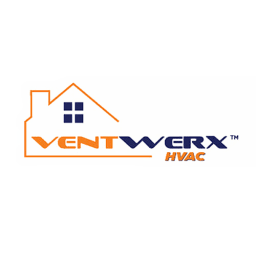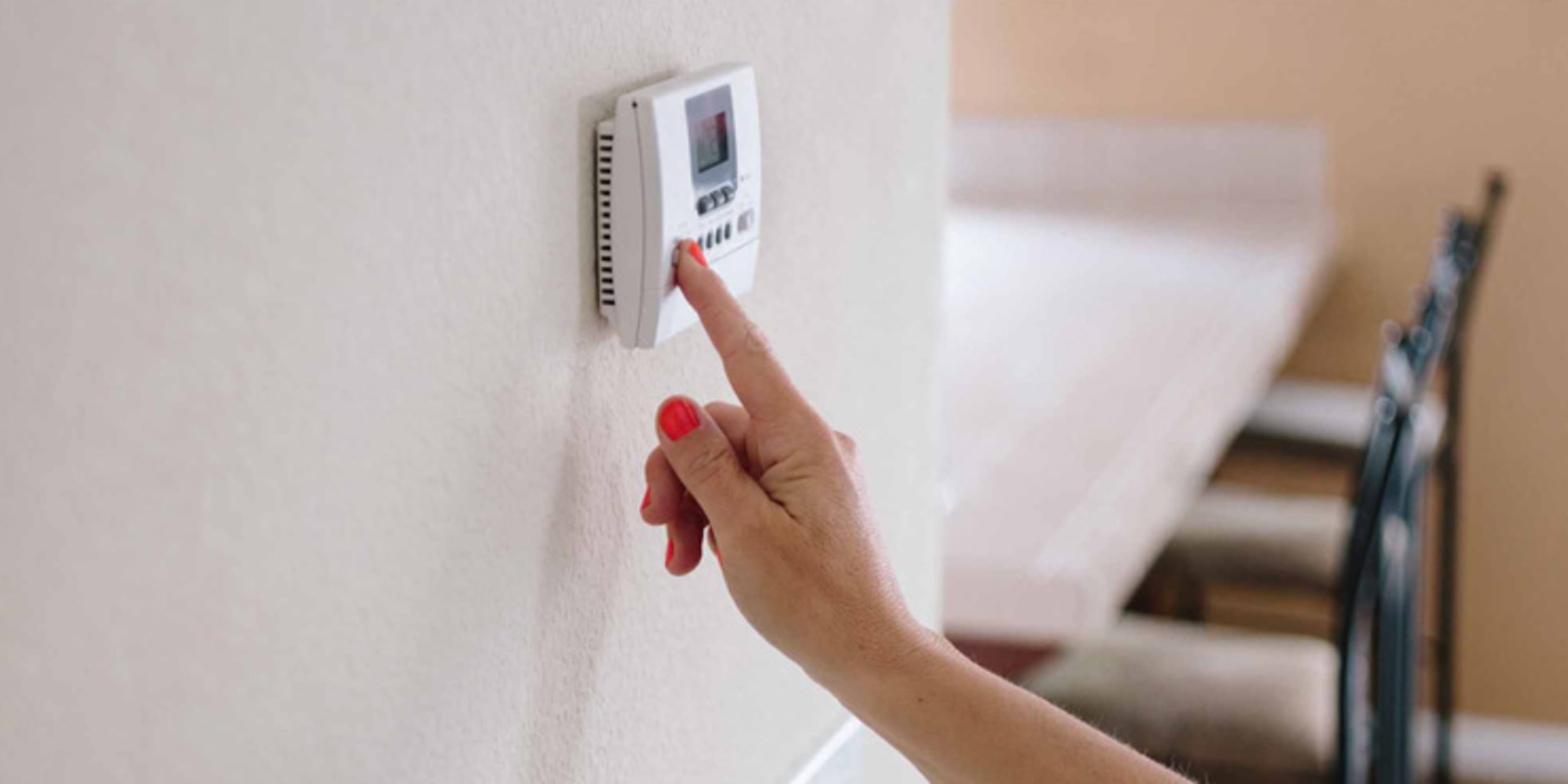
2024

Best HVAC & Furnace Repair Services
Find a Top-Ranked HVAC & Furnace Repair Service Near You
We did the research for you!
- Licensing
- User Reviews
- Mystery Shopping Calls
Learn about our selection process.
Top HVAC & Furnace Repair Services
= Featured Provider
New York, NY
Rite Temp HVAC LLC
3326 White Plains Rd, Bronx, NY 10467All Air HVAC LLC
867 E 52nd St, Brooklyn, NY 11203Charles Krull & Son, Inc. Plumbing & Heating
34 Church Street, Malverne, NY 11565
Los Angeles, CA
Lambert Heating and Air Conditioning
8564 Orange Street, Downey, CA 90242SoCal Climate Control
7334 Topanga Canyon Boulevard, Canoga Park, CA 91303RPB Inc. Plumbing Heating & Air Conditioning
17623 Clark Ave, Bellflower, CA 90706
Chicago, IL
South Suburban Heating & Air Conditioning
2914 Bernice Ave, Lansing, IL 60438Around the Town Heating & Cooling™
4912 135th St, Crestwood, IL 60418Y-tech Heating & Air Conditioning
701 Devon Ave, Park Ridge, IL 60068
Houston, TX
Douglas Mechanical, Inc.
18820 Carrot St, Spring, TX 77379Air Quality Express
5814 Queensloch Drive, Houston, TX 77096Spring Woodlands Air Technicians
25528 Aldine Westfield Rd # 103, Spring, TX 77373
Phoenix, AZ
Bob Brown Service Experts
2922 South Roosevelt Street, Phoenix, AZ 85282Heath's Air
723 West Commerce Avenue, Gilbert, AZ 85233Pro Solutions Air
3410 W Flower St, Phoenix, AZ 85017
Philadelphia, PA
Global Services
7707 Castor Ave, Philadelphia, PA 19152O'Brien Heating & Air Conditioning
381 Burmont Rd, Drexel Hill, PA 19026Affordable Fixes, LLC
101 Geiger Rd Ste 8, Philadelphia, PA 19115
San Antonio, TX
Comfort -Air Engineering, Inc.
11403 Jones Maltsberger Road, San Antonio, TX 78216Expertise.com Concierge Service
San Antonio, TXAramendia Plumbing, Heating and Air
17327 Green Mountain Rd, San Antonio, TX 78247
Dallas, TX
Willard Heating and Air Conditions
207 E Hwy 80, Forney, TX 75216Williams Services Air Conditioning and Heating
1033 Edgefield Ln, Forney, TX 75126Lex Air Conditioning and Heating
3333 Earhart Dr., #310, Carrollton, TX 75006
San Diego, CA
Hamel's Air Conditioning & Heating Inc.
11968 Demi Lee Lane, Lakeside, CA 92040ABC Home Services
7770 Regents Rd Ste 113, San Diego, CA 92122Global Heating & Air Conditioning
473 Vernon Way, El Cajon, CA 92020
San Jose, CA
Ventwerx HVAC Heating & Air Conditioning
16890 Church St., Morgan Hill, CA 95037Expertise.com Concierge Service
San Jose, CAFalcone Plumbing, Heating & Air Conditioning
650 Lincoln Avenue, San Jose, CA 95126
Top HVAC & Furnace Repair Services in other locations
- HVAC & Furnace Repair Services in El Paso, TX
- HVAC & Furnace Repair Services in Boston, MA
- HVAC & Furnace Repair Services in Milwaukee, WI
- HVAC & Furnace Repair Services in Denver, CO
- HVAC & Furnace Repair Services in Seattle, WA
- HVAC & Furnace Repair Services in Nashville, TN
- HVAC & Furnace Repair Services in Washington DC
- HVAC & Furnace Repair Services in Las Vegas, NV
- HVAC & Furnace Repair Services in Portland, OR
- HVAC & Furnace Repair Services in Louisville, KY


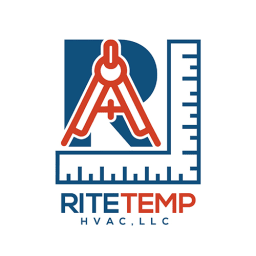
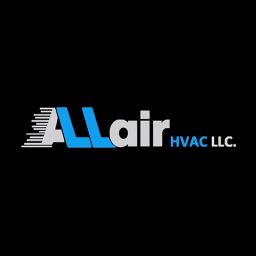

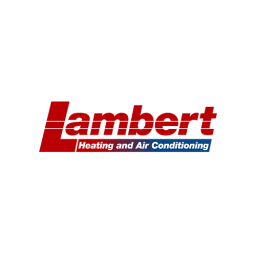


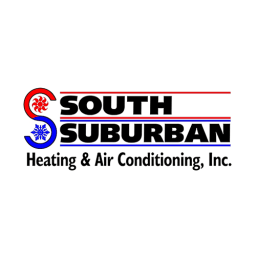
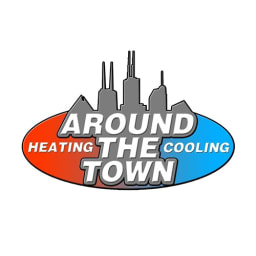
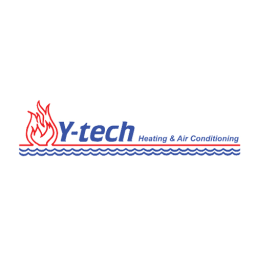
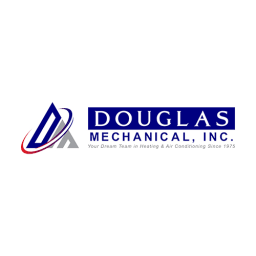


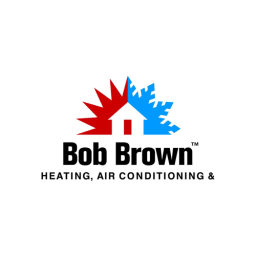
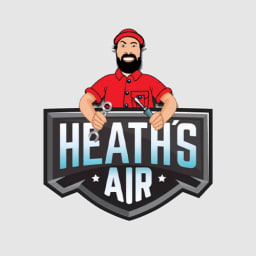






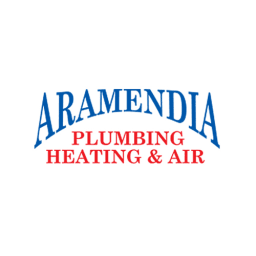



.jpg)


